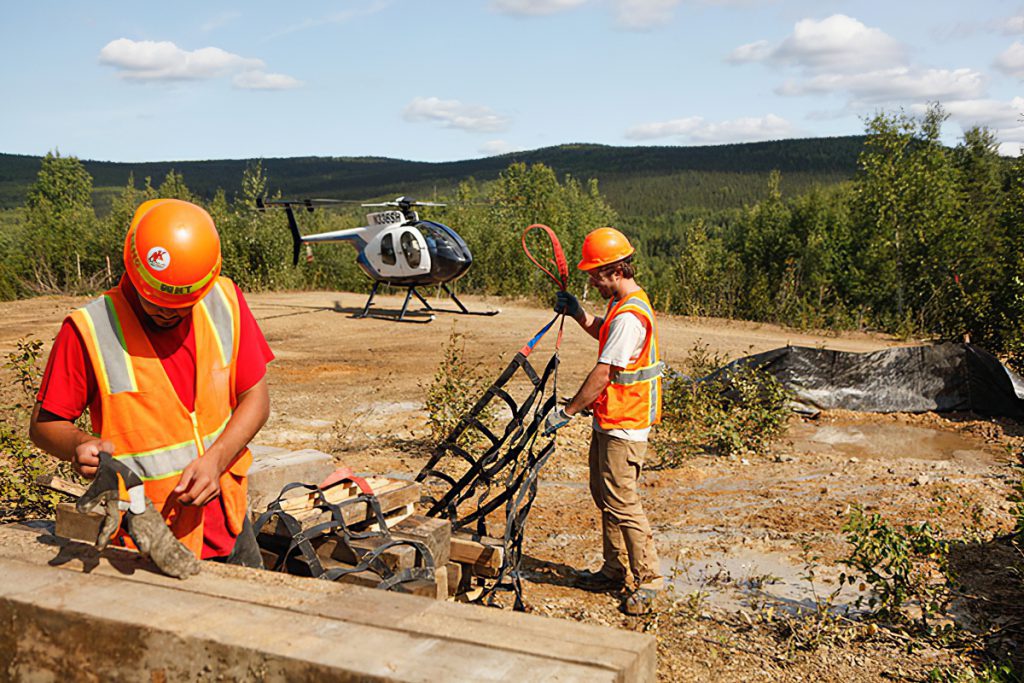Key shareholders back Int’l Tower Hill’s Alaska gold plan

International Tower Hill Mines Ltd. [ITH-TSX; THM-NYSE-American] said key shareholders have backed the company’s plan to raise US$10.3 million from a share offering to support a pre-feasibility study at its Livengood gold deposit north of Fairbanks, Alaska.
The company said its existing three largest shareholders have each taken their pro-rata share of the at the market (ATM) offering – 5.7 million shares (or 3% of shares outstanding) at a closing market price of US$1.40 per share on September 1, 2020, for a total of US$7.9 million.
The company intends to raise an additional US$2.4 million as market conditions warrant.
The company said Paulson & Co Inc. acquired 2.3 million shares, and now is expected to own 31.8% of the shares outstanding. Sprott Asset Management USA holds 15.1% after acquiring 1.1 million. Electrum Strategic Opportunities Fund 11, L.P., will own 14.2% after picking up 1.04 million. In addition, Kopernik Global Investors LLC, the company’s fourth largest shareholder, will hold 4.6% after acquiring 1.18 million.
On Friday, International Tower Hill eased 8.7% or 17 cents to $1.78 in light trading volume to trade in a 52-week range of $3.07 and 42 cents.
International Tower Hill controls 100% of the Livengood Gold Project. The company said it ranks as the largest North American gold-only deposit that is not wholly-owned by a producer. The project hosts an estimated resource of 497.3 million tonnes averaging 0.68 g/t gold (10.84 million oz) and 28.0 million indicated tonnes averaging 0.69 g/t (620,000 oz) for a total of 525.4 million tonnes averaging 0.68 g/t (11.5 million oz).
A portion of those mineral resources have been converted to proven reserves of 377.7 million tonnes averaging 0.71 g/t gold (8.62 million oz) and probable reserves of 14 million tonnes averaging 0.72 g/t (353,000 oz) for a total of 391.7 million tonnes averaging 0.71 g/t (8.97 million oz).
According to the PFS filed with the British Columbia Securities Commission in April, 2017, that material could support an average annual production rate during years one to five of 378,000 ounces annually and an annual production rate of 294,100 ounces annually over an estimated 23-year mine life, producing a total of 6.8 million ounces.
